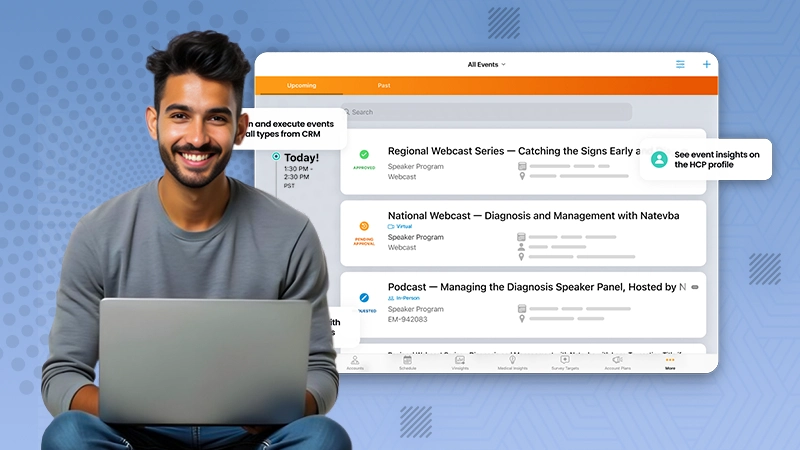There is no doubt that Fintech lending has taken off in recent years. This type of lending is based on innovative technologies used to deliver financial services, and it has disrupted the traditional banking sector. Fintech lenders have been able to offer lower interest rates and faster loan approvals than traditional lenders, and this has made them very popular among consumers.
But what about developing countries? Will Fintech lending take off in these countries as well? In this article, we will explore the future prospects for Fintech lending in developing countries and discuss the factors that are likely to drive its growth.
Explaining FinTech Lending and How It Works.
The Fintech industry is constantly growing and adapting. Fintech lending is one area that has seen a lot of growth in recent years. Fintech lending is the use of financial technology to provide loans and other forms of credit to consumers and businesses.
Fintech lenders use a variety of different technologies to assess risk and make lending decisions. This can include things like big data, machine learning, and alternative data sources. Fintech lenders often have lower costs than traditional banks, which allows them to offer loans at lower interest rates.
Fintech lending has been growing rapidly in developed countries like the United States and the United Kingdom. However, there is also a lot of potential for growth in developing countries as well. Fintech lending can help to provide access to credit for people who may not qualify for loans from traditional banks.
The Current State of FinTech Lending in Developing Countries
The use of financial technology, or FinTech, has been growing rapidly in recent years. This growth has been driven by a number of factors, including the increasing availability of mobile devices and internet access, the rise of digital banking, and the increasing adoption of mobile payments.
FinTech lending is one area that has seen particularly strong growth in developing countries. Fintech lenders are able to offer loans to individuals and businesses that may not be able to access traditional bank financing. These loans can be used for a variety of purposes, including working capital, business expansion, and personal expenses.
There are a number of reasons why FinTech lending has been growing so quickly in developing countries. One reason is that many traditional banks have been reluctant to lend to small businesses and entrepreneurs in these countries. This is because they often lack the collateral needed to secure a loan from a traditional bank.
Another reason for the growth of FinTech lending is that it can be faster and easier to obtain a loan from a Fintech lender than from a traditional bank. The future of FinTech lending in developing countries looks very promising. The industry is still relatively young, and there is significant room for growth. Additionally, as more people in developing countries gain access to mobile devices and the internet, the number of potential borrowers will continue to grow.
In many cases, Fintech lenders like GadCapital do not require collateral, and they can often approve and disburse loans much more quickly than traditional banks.
If you’re interested in lending through FinTech in developing countries, there are a number of things to consider. First, it’s important to understand the local regulatory environment. Second, you’ll need to find a Fintech lender that is reputable and has a good track record. Finally, you’ll need to carefully consider the risks and potential rewards of lending in these markets.
How can FinTech Lending Help Developing Countries Achieve Economic Growth?
FinTech lending can play a significant role in helping developing countries achieve economic growth. Fintech companies can provide small businesses with the capital they need to grow and expand, which can create jobs and spur economic activity. In addition, FinTech lending can help to increase financial inclusion by providing access to credit for people who may not be able to obtain it through traditional channels.
There are several reasons why FinTech lending is well-suited to developing countries. First, many of these countries have large populations of unbanked or underbanked individuals, which presents a huge opportunity for financial inclusion.
Second, the infrastructure in many developing countries is not well-developed, making it difficult for traditional banks to reach potential borrowers in remote areas. Fintech companies can use technology to bypass these infrastructure challenges and reach borrowers directly.
The future of FinTech lending in developing countries looks very promising. Fintech companies are well-positioned to provide the capital that small businesses need to grow, create jobs, and spur economic activity.
In addition, Fintech lending can help to increase financial inclusion by providing access to credit for people who may not be able to obtain it through traditional channels. With the right policies in place, FinTech lending could play a major role in helping developing countries achieve economic growth.
What are the Challenges Facing FinTech Lending in Developing Countries, and How Can They be Overcome?
One of the biggest challenges facing FinTech lending in developing countries is the lack of access to reliable data. This makes it difficult for lenders to assess the creditworthiness of borrowers and make informed lending decisions. Another challenge is the lack of financial literacy among many people in developing countries, which can make it difficult for them to understand and use financial products and services.
Lack of access to data is one of the main challenges faced by Fintech companies operating in developing countries. Fintech companies rely on data to assess the creditworthiness of potential borrowers and make informed lending decisions. However, in many developing countries, financial institutions do not have access to reliable data about their customers. This makes it difficult for Fintech companies to operate in these countries.
One way to overcome this challenge is for Fintech companies to partner with data providers who have access to reliable data about borrowers in developing countries. Another way to overcome this challenge is to educate people in developing countries about financial literacy and help them understand how to use financial products and services.
Financial literacy is another challenge faced by Fintech companies operating in developing countries. Many people in developing countries do not have a basic understanding of financial concepts, which makes it difficult for them to use financial products and services. Fintech companies can overcome this challenge by partnering with organizations that provide financial education or by providing their own financial education programs.







